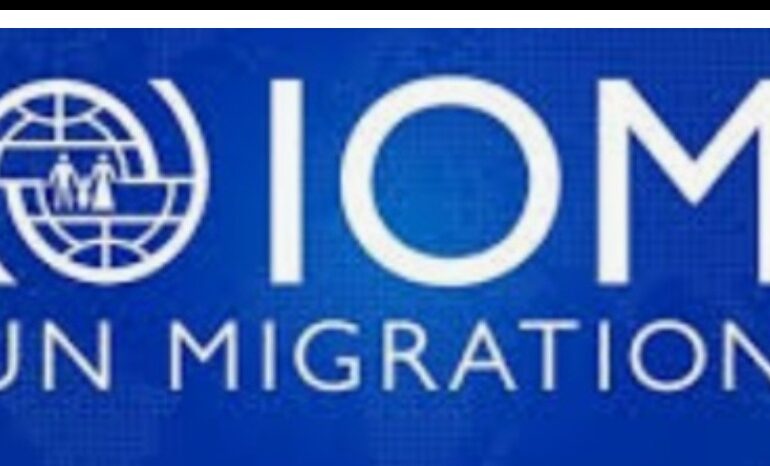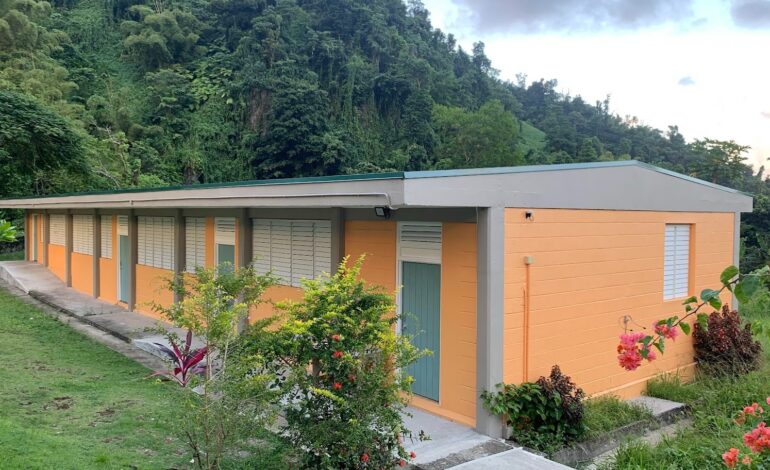
13 May, New York – A landmark meeting on international migration governance is slated to take place from 17-20 May at the United Nations (UN) headquarters in New York. UN Member States and Observers, UN system representatives, as well as stakeholder groups will attend the first International Migration Review Forum where progress made under the Global Compact for Safe, Orderly and Regular Migration (GCM) will be assessed.
Chaired by the President of the General Assembly, the Forum is an opportunity for participants to highlight successes and challenges made in implementing the GCM at the local, national, regional and global levels, since its adoption almost four years ago. Attendees will be committing to further concrete actions to better protect and support the more than 281 million migrants in the world through policy and practice change. Highlights of pledges being made can be found here.
“Properly managed, migration has the potential to spur economic growth, innovation, and positive cross-cultural interaction that enriches societies,” said Abdulla Shahid, the President of the UN General Assembly,” said Abdulla Shahid, the President of the UN General Assembly.
“At this first global review of the Compact, we are here to take stock of how far we have come and how much more we need to do. We have a responsibility to uphold human rights and protect those in the most vulnerable situations. We have a responsibility to save lives,” said António Vitorino, the Director General of the International Organization for Migration (IOM) and Coordinator of the UN Network on Migration, which is tasked with ensuring effective and coherent system wide support to implement the Global Compact, and in supporting the organisation of the Review Forum.
The review will involve discussions on all the 23 objectives of the GCM, strengthening principled governance of international migration and will focus on such issues as ensuring that recovery from the COVID-19 pandemic and planning for future disasters is inclusive, that human rights are respected, including in response to climate related migration, that vulnerabilities that undermine wellbeing are reduced and that legal migration pathways are built up.
On 16 May, the day before the start of the IMRF, an informal interactive multi-stakeholder hearing will take place, which will feed into subsequent discussions. Other consultations at local, national and regional levels were held in the lead up this event.
On Friday, 20 May, the Forum will conclude with the adoption of a Progress Declaration setting new priorities and milestones for international migration governance for the four years to come.
*
The Global Compact for Safe, Orderly and Regular Migration
Adopted in Marrakesh in 2018, the GCM was borne out of the understanding that no one government can effectively govern migration alone. This goes for unlocking the potential of global mobility, as well as, protecting people from harm. Through the Global Compact, States created a blueprint for comprehensive, rights-based migration policy and established 23 objectives covering all facets of migration that can be integrated into national policy. While the Global Compact’s guiding principles, aims and actions are not legally binding, they are founded on recognized commitments and values embodied in the Universal Declaration of Human Rights, the 2030 Agenda for Sustainable Development and international law.






